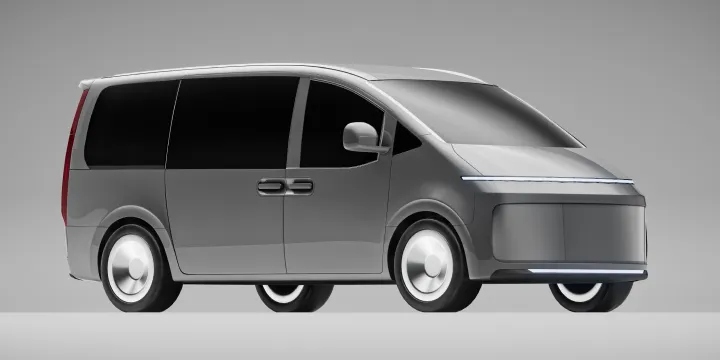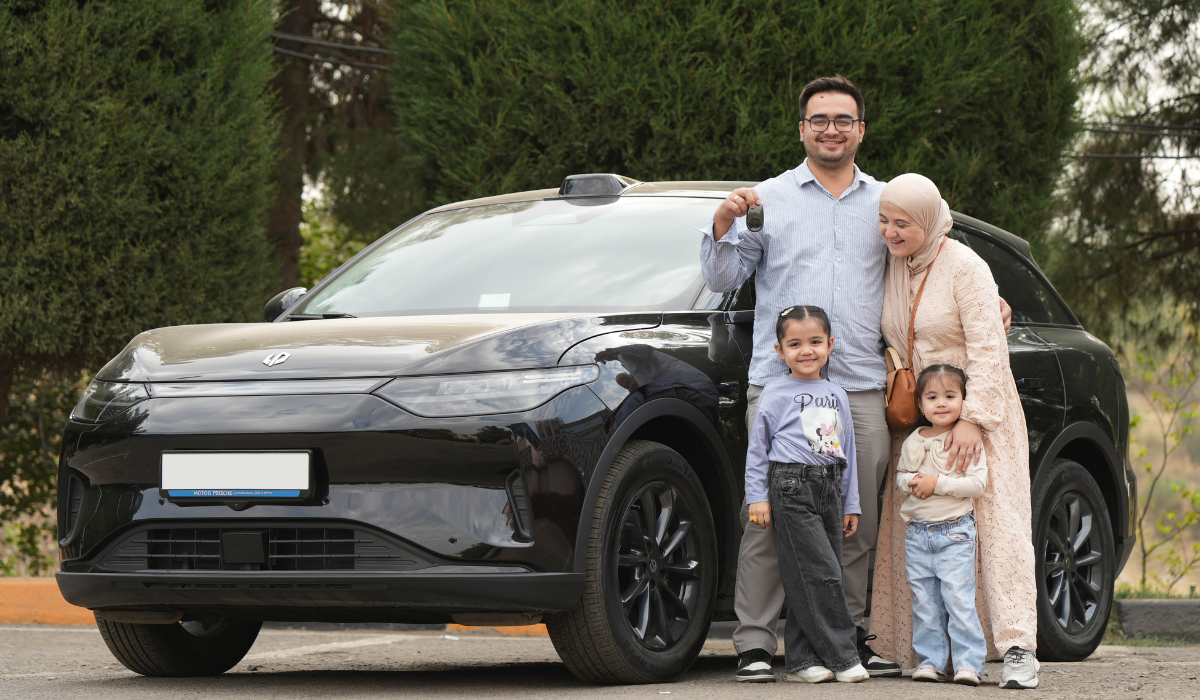If you’re a Muslim considering car finance in the UK, you’ve probably come across PCP (Personal Contract Purchase). But the big question is: Is PCP Halal or Haram?
Personal Contract Purchase (PCP) is a popular car finance method in the UK. You pay a deposit, followed by monthly instalments, and at the end of the term, you have three choices:
- Return the car
- Trade it in for a new one
- Pay the "balloon payment" to own it
Unlike with a Hire Purchase (HP) agreement, a Personal Contract Purchase (PCP) requires a final lump-sum ‘balloon payment’ at the end of the contract in order to obtain ownership of the vehicle.

How Does PCP Work in the UK?
A typical PCP agreement involves:
- Initial Deposit: Usually 10–20% of the car’s value
- Monthly Payments: Based on the predicted depreciation, not the full car value
- Balloon Payment: A final payment if you want to keep the car
In some cases:
- Interest Charges: These are applied on both the car’s value and the balloon payment
It's a finance product designed to offer low monthly payments, but it can include interest (riba) which is impermissible for Muslims.

Is PCP Halal? A Breakdown by Islamic Principles
Interest (Riba) in PCP Agreements
Islam strictly forbids riba. Any form of interest charged on loans or purchases. PCP deals in the UK might include interest as part of their financing structure, which is not compliant with Islamic law.
However, what’s important to remember is that, in Islam, what is actually happening in the contract is much more important than the words used to describe what is going on.
We mention this as some customers might look at a PCP agreement, see the term APR and instantly assume this is riba. This is not always the case.
This is not to say they shouldn’t label it as interest if they are trying to be Halal (it’s definitely best practice to just keep that term away from your agreements), but the point we’re trying to make is, it’s very possible to structure revenue generation in a PCP agreement in a permissible way. It all depends on how it is actually structured and intended to be used.
Ownership in PCP Agreements
In Shariah-compliant finance, the seller must own the item before selling it, and risk should transfer to the buyer. With PCP, the finance company retains ownership throughout the term, and the buyer never fully owns the car unless they pay a balloon fee at the end. This is a green light in the eye of Islamic finance, but again, the structure in which they do this is important, and should be compliant with AAOIFI standards of ownership in Islamic finance.
So What’s the Verdict?
It all depends on how it is structured. In theory, a PCP agreement can be halal. Some of the important distinctions lie in how they structure revenue generation throughout the contract, and if they remain owners throughout the agreement. However, there are also other essential nuances in AAOIFI standards that should be abided by - and again, it all comes down to the actual intention behind the agreements. Are they fair? Is the liability of ownership on the owner? What is the step by step process? Is there any uncertainty in the agreements? All of these are crucial to look at, but impossible to confirm without looking at the lender's unique agreement.
For that reason, as we recommend literally all the time, speak to a trusted Mufti. Surah An-Nahl, verse 16:43, translates to: "And We did not send before you, [O Muhammad], except men to whom We revealed [prophecy]. So ask the [people of] knowledge if you do not know."
Similarly, all of our knowledge at Ayan comes through extensive studying and discussion with our trusted Shariah board.

Other Halal Alternatives to PCP
So you spoke to your trusted scholar and they say the PCP agreements available to you are not structured in a permissible way, what can you do instead? Thankfully, there are other Halal car finance options available in the UK.
Murabaha
In Murabaha, the lender buys the car and sells it to you at a fixed profit. You know the full cost upfront, and no interest is charged.
Ijara wa Iqtina
In Ijara wa Iqtina, the lender buys the car and rents it out to you, with you making a promise to buy the car at the end of the agreed term. The profit is determined by how long you are renting the car for, again, meaning no interest is charged.
We actually have an entire blog which breaks down the difference between Murabaha and Ijara wa Iqtina.

Conclusion
Ayan’s best advice would be to go to a trusted Islamic scholar with all the details and agreements, and rely on their greater knowledge. If they advise you against it, try to find a company that does Murabaha or Ijara wa Iqtina, such as Ayan, as these will be rooted in Islamic finance principles.
However, if you don’t know a Mufti that you trust, you can always go to companies, such as Ayan, who have a reputable Shariah board that will vouch for them.








.svg)



.png)
.webp)

.png)






